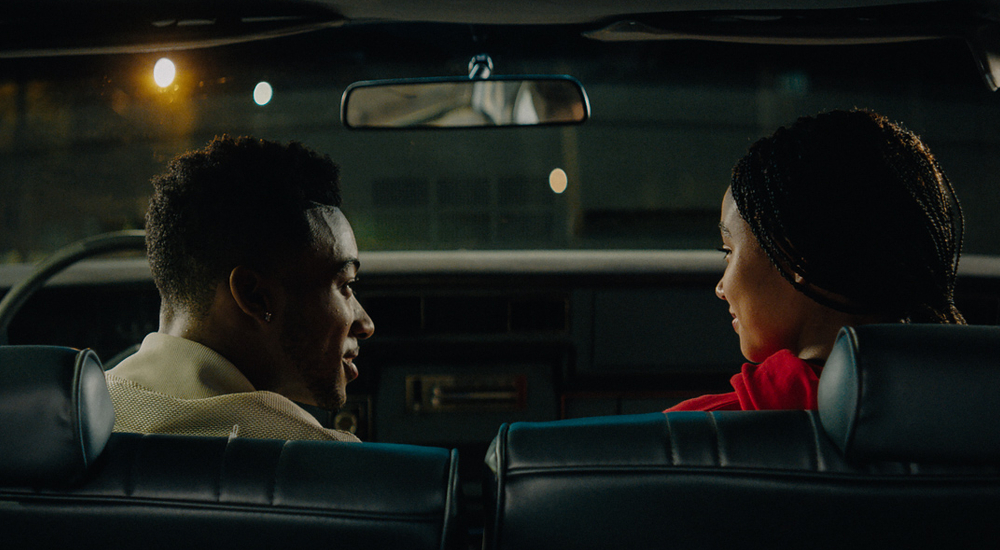“If you don’t see my blackness you don’t see me.”
Told through the perspective of Starr Carter, a sixteen-year-old black teen who travels every morning from her poor, urban neighborhood to attend a predominately white prep school, George Tillman Jr. hits a nerve with his adaptation of Angie Thomas’ best-selling novel The Hate U Give.
Starr, played beautifully by Amandla Stenberg, is far too young to understand code-switching, or rather she should be. However, the term has become her life. At home she has to be ready to recite the tenants of the Black Panthers’ 10-point program at her father’s command; at school she sheds the slang and streetwear that her white classmates use to showcase inclusion, unapologetically working to be the model minority by staying away from the drama and conflict.
There are a million things that The Hate U Give does right, but the most prominent one lies within the complexity and depth granted to its characters. Taken from a popular YA novel, the characters here don't dawn skin that sparkles or get caught in a heated cheerleading rivalry; those were far more innocent times. Instead, they have responsibilities, life and death choices, and an underlying fear that who they are isn’t good enough.
Stenberg does a brilliant job at conveying the raw emotion that comes with heartache and an understanding for the need of change. Through her father, a former convict who has transitioned his life into that of a family man, Starr knows how to respond to police: corporate, listen and keep your hands where they can see them. However, even Starr can’t save her childhood friend Khalil when a routine traffic stop goes horribly wrong. That night, as her best friend lay lifeless in her arms, a change occurs.
That change, though highly noticeable through her actions, is most apparent through the proverbial wall that separates the two lives Starr has worked to create. As the wall begins to crumble, and a tonal shift begins to take place within the context of the film, you can’t help but feel that Starr has not only grown up but discovered who she is and what she wants her voice to stand for.
Stenberg’s proficient performance is what drives the film; however, it is that of those around her that helps to give the film its life. Regina Hall continues her fantastic year, serving up honesty and understanding as Starr’s unapologetic protective mother. Common is exceptional as a police-officer uncle who has his own take on the black/blue lives debate, and Issa Rae steals demands your attention as an activist lawyer who sees all the good that can come from Starr’s testimony against the officer responsible for Khalil’s death.
Together they all create something bigger than themselves, shining a light on the apparent injustice that has become life for many. Forgoing the tough acts of visual violence and focusing on the mere fact that pain and suffering purely exists, Tillman's The Hate U Give distinguishes itself within the acknowledgment of a bigger picture. Though lead by a long list of great performances, it is the story itself that proves most valuable. It’s a new time in our world, and it Tillman’s adaptation represents the future in teen-targeted stories, I feel confident that we are in good hands.

